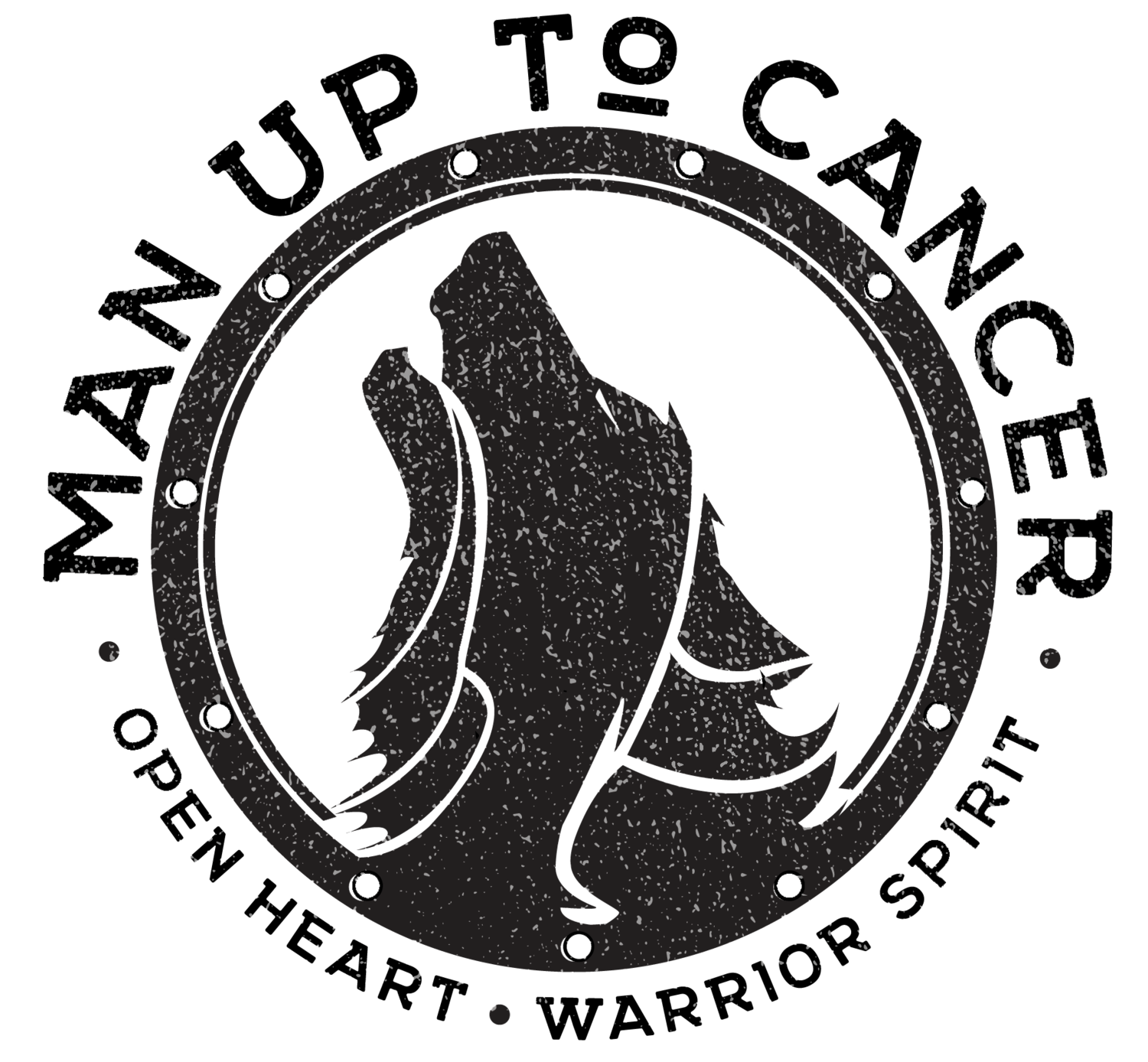Denny Williams | Esophageal Cancer Awareness Month
Each month, we spotlight members of the Man Up to Cancer community who share their stories in honor of key cancer awareness months. In April, we recognize Esophageal Cancer Awareness, Head and Neck Cancer Awareness, and Testicular Cancer Awareness. Today, we are honored to share the story of Denny Williams, an esophageal cancer warrior from Louisville, Kentucky.
What were your warning signs? What made you feel like you needed to get checked?
It all started with a constant pain in my abdomen. After multiple doctor appointments and a clear ultrasound, my GI doctor decided to run a scope to investigate further. That’s when he discovered the tumor at the base of my esophagus, where it enters the stomach. By that time, I had begun to regurgitate any food I tried to swallow — the tumor was blocking entry into my stomach.
How did you initially respond to your diagnosis?
Not well. I was in disbelief. It never crossed my mind that it could be cancer. I didn’t feel sick and certainly didn’t look sick. I was speechless when I heard the prognosis and just needed to get back to my family. Honestly, my first thought was, "Am I going to die?"
How do you feel society expects men to react to a cancer diagnosis?
To be strong. Be silent. Don’t talk about emotions, struggles, or fears. Society expects us to just believe "everything will be alright." In my journey, all I really wanted was someone to listen and understand my thoughts. Mental health is a side effect of cancer that not many people discuss — and sometimes it can be worse than the diagnosis itself.
What was your prognosis, and where are you at today in your cancer journey?
My diagnosis was adenocarcinoma, esophageal cancer. Thankfully, it had not metastasized and was isolated, keeping me from a Stage 4 prognosis. I went through six rounds of chemotherapy combined with 30 days of radiation. (The radiation felt like a sunburn in my throat.) After treatments, I had a full esophagectomy — losing my entire esophagus and the top third of my stomach.
The pathology reports after surgery showed a complete response: no evidence of disease. I currently have scans every six months, and in May 2025, I will celebrate three years of being N.E.D. (no evidence of disease).
How did you first discover Man Up to Cancer? What has your experience been like?
I first heard about Man Up to Cancer by word of mouth. A friend told me about the Facebook group. I didn’t join right away because I didn’t have Facebook at the time. (I even tried joining from my wife’s account — obviously denied!) Eventually, I created my own account just to join MUTC.
My experience has been overwhelming — in the best way. The guys in this group are special. It’s shocking to think we never would have met if we hadn’t heard the words, “You have cancer.” That connection is a true blessing.
The friendships I’ve made helped me through some of my darkest moments. There have been laughs, smiles, sadness, and tears. I’ve lost brothers along the way, and survivors’ guilt runs high. But this community has been a lifeline.
What advice would you give to another man who has just been given a cancer diagnosis?
First, always take someone with you to appointments. Have them take notes and ask questions — because you won’t be in the right state of mind to comprehend everything. I heard the words from my doctor, but honestly, I didn’t truly process them until later.
Second, reach out for help. Don’t bottle up your thoughts or emotions. Treat your mental health with the same seriousness as your cancer diagnosis. There are people out there who will listen — many who have been through the battle before you. That’s probably the main reason Man Up to Cancer was born.
Aside from Man Up to Cancer, what other resources have you relied on or would recommend?
Another amazing organization is Epic Experience (www.epicexperience.org). They offer adventure camps, regional survivorship days, virtual reality content, and a podcast designed for adult cancer survivors.
I attended their camp in March 2023, and — just like MUTC — the people there helped me in a dark time and taught me how to live beyond cancer. I was so impacted that I now volunteer and serve on their board.
Today, I’m honored to say I work full-time with Epic Experience as their Director of Programs and Alumni Engagement.

